
We doctors need to recognize our limitations and do the best we can within them. Confronting the reality of uncertainty almost always beats the creation of a false certainty.

We doctors need to recognize our limitations and do the best we can within them. Confronting the reality of uncertainty almost always beats the creation of a false certainty.

"The patient's report" has long been considered the most valid measure of human pain. Can fMRI replace that?

Physician suicide victims are more likely to have experienced job-related stress prior to death than non-physician victims.

Suvorexant would be the first in a new class of insomnia drugs, called orexin receptor antagonists, that work by blocking brain chemicals that keep persons awake.

CRPS is essentially a clinical diagnosis. Allodynia and hyperalgesia are notable criteria for the diagnosis for type 1 and type 2.

A psychiatrist in Seattle had picked out the bridge. At 3 AM he would swerve across his lane and plunge into the water. Everyone would assume he fell asleep. An airtight suicide plan. But this doc survived. Why?

Young women who report having sleeping difficulties “often” in their early 20s have a 4- to 5-times increased risk of depression within 9 years, according to a new study.

Internal medicine doctors train predominantly in our high-tech academic medical centers, yet most will provide outpatient care. Here, Dr Andrew Morris-Singer frames one of modern health care’s greatest disconnects.

A new study validates online delivery as an effective means of promoting dietary adherence in celiac disease, and this method may prove effective across diets for patients with obesity, metabolic syndrome, and diabetes.

PCPs for sleep apnea?; mental illness and obesity; norovirus on the rise; global sodium overdose

Patients with serious mental illness tend to be overweight; interventions are successful if they account for cognitive and psychiatric challenges.
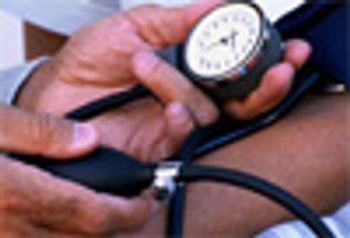
Antidepressants and pre-term delivery; annual BP check?; stroke before age 50; niacin questioned; incretins and pancreatic disease

Analysis of data from 13 studies found an increased pooled odds ratio of 1.55 (P
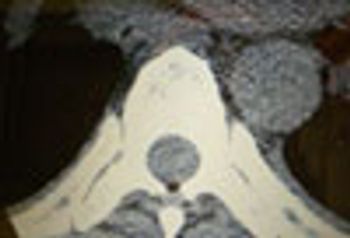
An obese woman in her thirties with a history of fibromyalgia syndrome, depression, polycystic ovarian syndrome, and diabetes mellitus presents to her local emergency department with 1 week of gradually worsening midline back pain.

Adult sleepwalking can lead to violent behaviors, daytime sleepiness, fatigue and impaired health-related quality of life.
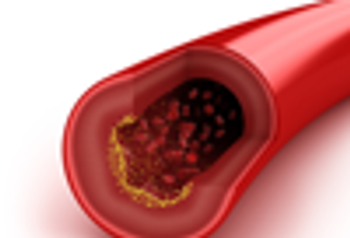
Diabetes progress; folic acid and autism; acupuncture and allergic rhinitis; depression and shingles vaccine; HMP virus alert.

Patients with documented atrial fibrillation given intensive yoga instruction had a reduction in symptomatic and asymptomatic AF episodes.
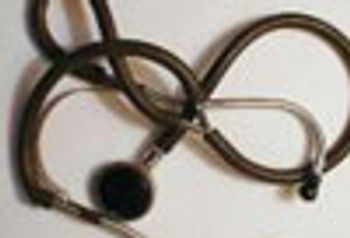
Stroke survival and thoughts of suicide; PCP shortage; pediatric headache treatments; antidepressants and prolonged QT interval; calcium supplements, men, and CVD.

Suicidal ideation among stroke survivors (7.8%) was higher than among those with a history of MI (6.2%), diabetes (5.2%), and cancer (4.1%).

Primary care physicians can take the lead in helping address these additional comorbidities in their patients with asthma.

Test your skills with this 5-question quiz: Drug-induced Hypersensitivity; Rhinosinusitis and Depression; Blue Nevus; Leg Injury

The relationship between sleep and exercise is the theme of this year’s National Sleep Foundation Sleep in America poll, an annual checkup on Americans’ sleep health practices.
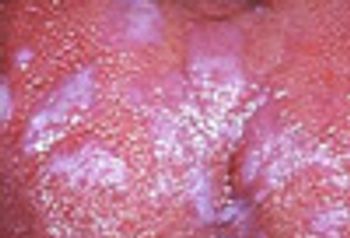
Oral plaques; Post-MI depression; Weakness; Polycystic kidney disease

Greater awareness of mental health issues such as these, along with screening for diseases and providing appropriate treatment, may improve symptom control.

Primary care physicians need to be aware of the relationship, especially because the incidence in older women is high.